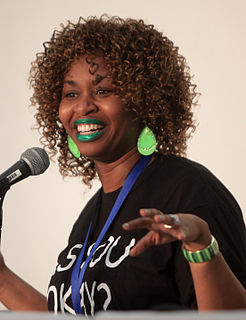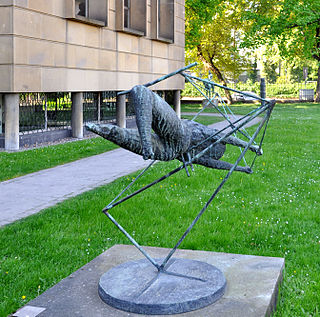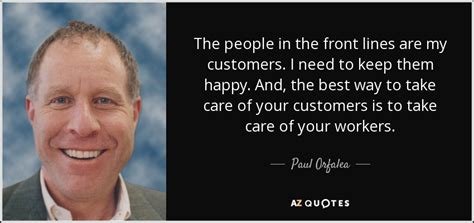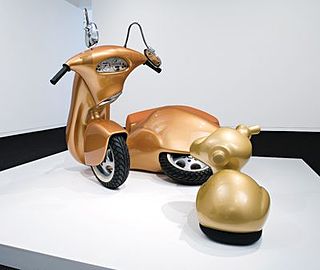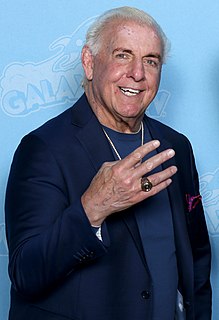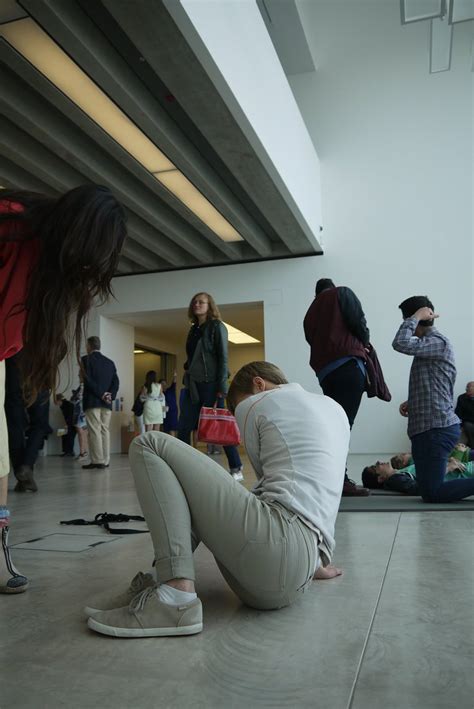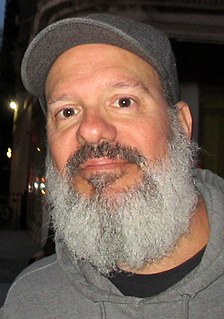A Quote by Jeff Lemire
I've always been attracted to themes of isolation in my work - in my independent work and my DC work.
Related Quotes
An actor and a [theatre] director are both what I would call interpreters of work. We interpret a work, just as a musician will interpret a composer's work, we interpret the work of a playwright. We are servants of the theatre and I've always believed that. We must serve what has been written, that's what we're there for.
Work begets work. Just work. If you work, people will find out about you and want to work with you if you're good. So work anywhere you can. That's why I've changed my mind about these theatres where people work for free or have to pay money. I think it's kind of terrible that they feel they have to, but you know what? They're working.

